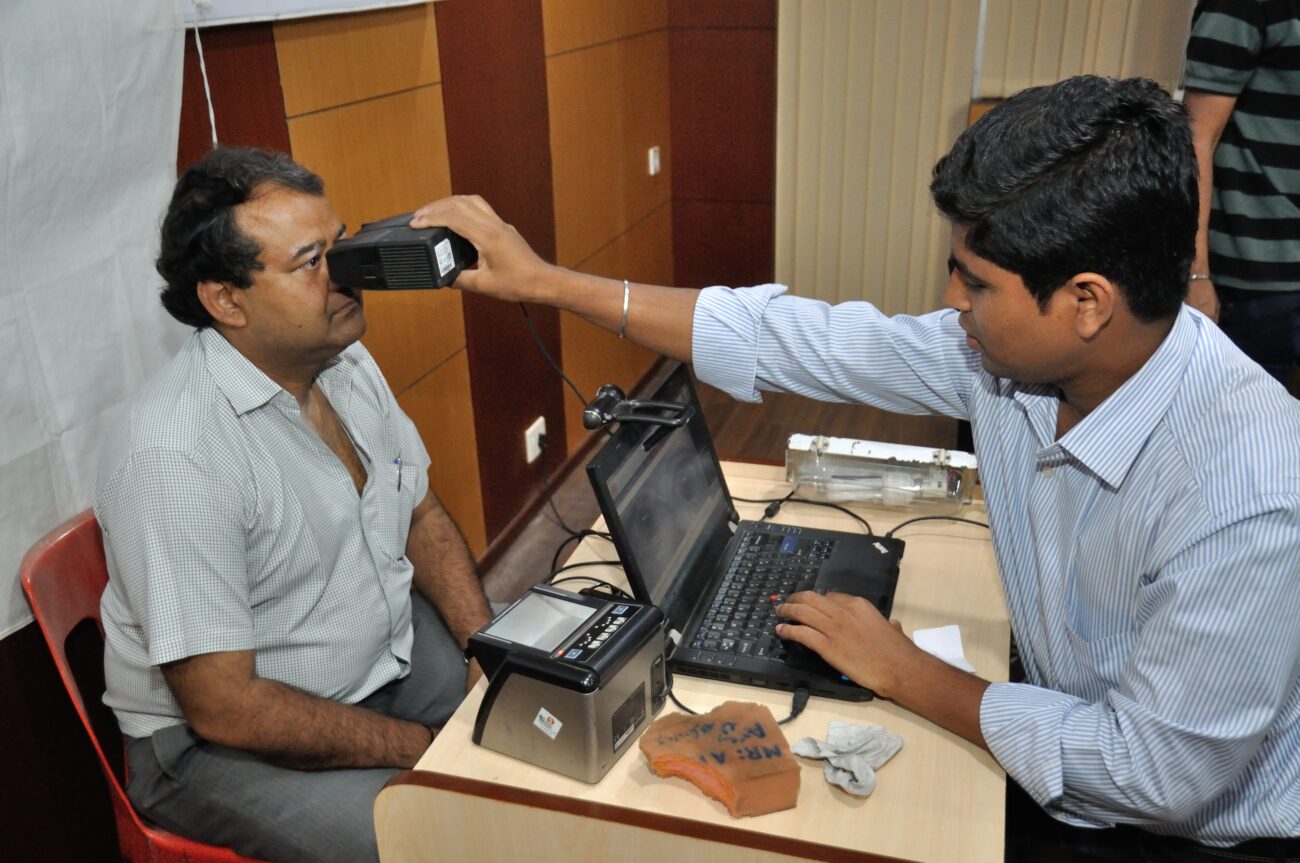In today’s digital age, biometric data has become an integral part of our lives. From unlocking smartphones with our faces to airport security checks, biometric technology is everywhere. But with the convenience of these innovations comes important questions: What rights do you have over your biometric data? How is your face being used, stored, and protected? Understanding these issues is crucial for everyone living in a connected world.
What Is Biometric Data?
Biometric data refers to unique physical or behavioral characteristics used to identify individuals. This includes fingerprints, iris patterns, voiceprints, and especially facial recognition. Your face is essentially a biometric identifier—a combination of features that can be scanned and matched by technology systems.
The convenience of using facial recognition to access devices or services is undeniable. However, this data is highly sensitive. Unlike a password, you can’t change your face if your biometric information is compromised. This permanence makes biometric data privacy a critical concern.
How Is Your Facial Biometric Data Collected?
Facial biometric data can be collected in various ways. Your smartphone scans and stores it locally for unlocking. Governments may use facial recognition for border control and security. Retailers and advertisers sometimes deploy it to personalize experiences or enhance surveillance.
Often, biometric data collection happens without explicit consent. For example, public cameras equipped with facial recognition software may capture your image without your knowledge, raising questions about transparency and control.
Your Rights Over Biometric Data
Different countries have adopted legal frameworks to protect biometric data, but these laws vary widely. In many Tier-1 countries, privacy regulations classify biometric data as sensitive personal information.
You generally have the right to:
- Know when and how your biometric data is being collected
- Consent to or refuse biometric data collection
- Access your biometric data held by organizations
- Request deletion of your biometric information
Despite these rights, enforcement remains a challenge. Many people unknowingly provide biometric data with little understanding of the consequences.
Risks of Unregulated Biometric Data Usage
Improper handling or unauthorized access to facial biometric data can lead to privacy breaches, identity theft, and even unwarranted surveillance. This can affect your freedom and ability to control your personal information.
Additionally, biases in facial recognition technology can result in misidentifications, disproportionately impacting minorities and marginalized groups.
How to Protect Your Biometric Privacy
Being proactive about your biometric data is essential. Here are some practical steps:
- Understand the permissions you grant to apps and devices
- Limit the use of facial recognition when alternative authentication options are available
- Advocate for transparent policies and stronger privacy laws in your region
- Use privacy settings to control camera access on your devices
- Stay informed about your rights and any breaches reported by companies
The Future of Biometric Data Privacy
As biometric technology advances, so does the need for robust safeguards. Innovations such as decentralized storage and biometric encryption offer hope, but widespread adoption is necessary.
Individuals, companies, and governments must collaborate to balance innovation with protection. Transparency, accountability, and respect for individual rights should guide how biometric data is handled.
Conclusion
Your face is more than just a feature—it is your digital identity in many systems. Recognizing your rights and understanding biometric data’s implications empowers you to protect your privacy better. In a rapidly evolving landscape, staying informed and vigilant is the best way to ensure your face, and your rights, remain secure.
Call to Action
Take control of your biometric data today: review your device settings, demand transparency, and support privacy protections that respect your rights.

